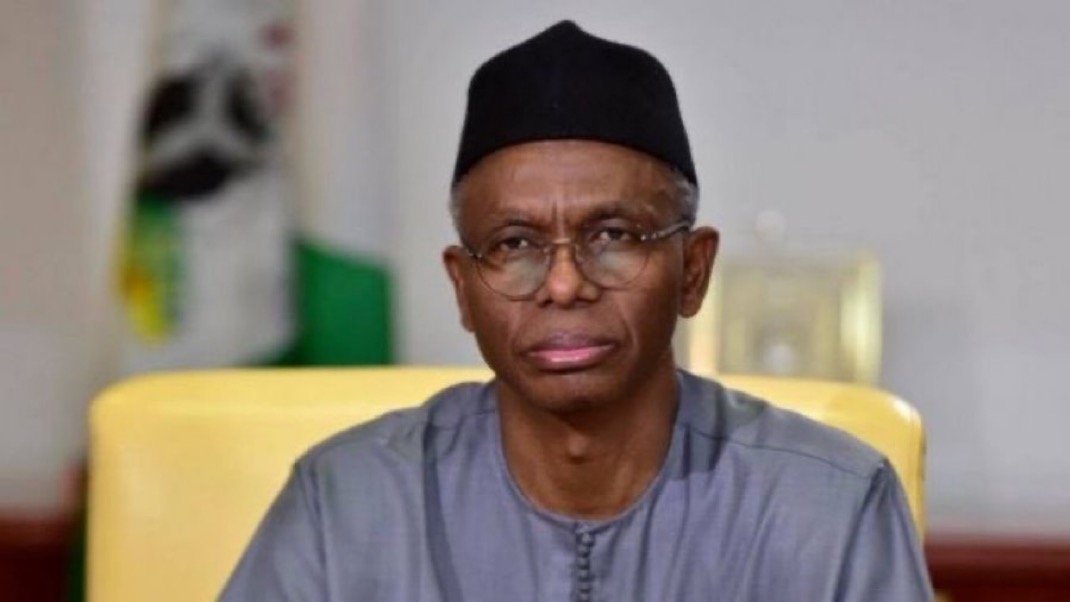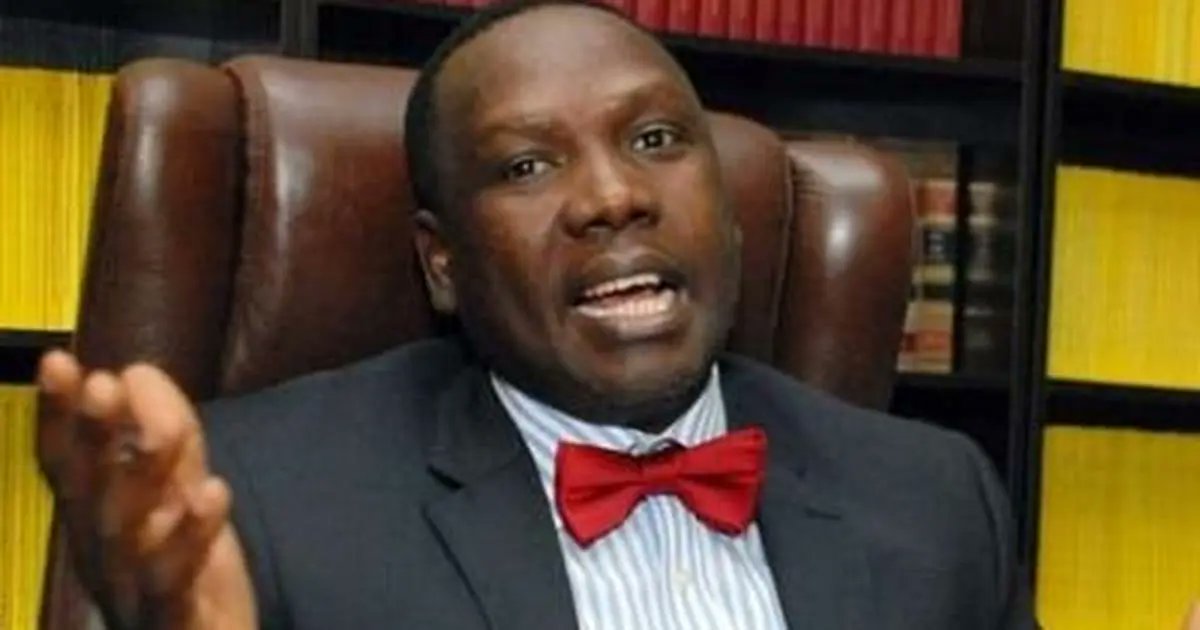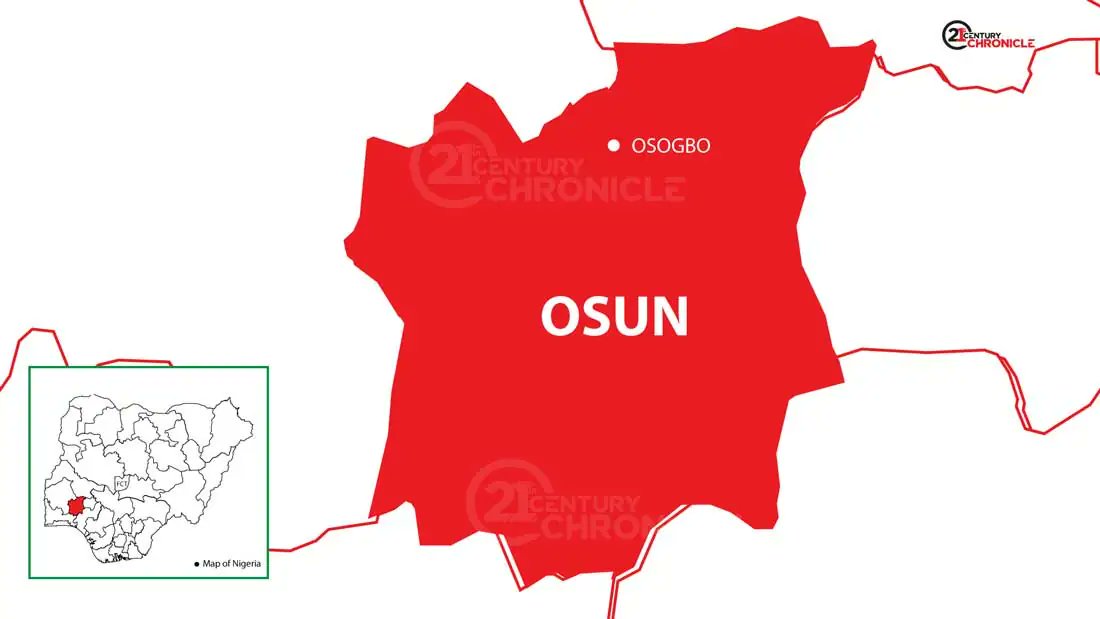
“The Guy Is Gone”: El Rufai Drops Bombshell on Tinubu’s Disapproval Ratings Across Nigeria

In a moment that has sent shockwaves through the political corridors of power in Nigeria, former Kaduna State Governor, Mallam Nasir El Rufai, has stirred the hornet’s nest with a damning assessment of President Bola Ahmed Tinubu’s current standing among the Nigerian populace. Speaking with what appeared to be unfiltered candor and startling statistical backing, El Rufai declared that the Nigerian president is not only hemorrhaging public goodwill but has, in fact, lost the support of the people on a national scale.
“We have done some polling in many parts of the country, particularly in the southeast and the north. President Tinubu has a 91% disapproval rating, even in Lagos he has a 78% disapproval rating. There is nowhere he is doing better than 50%. The guy is gone,” El Rufai said, his words laced with a mixture of frustration and finality that has since ignited a national debate.
The statement, which has rapidly gone viral across social media platforms and headlines, comes at a time of palpable national tension, with Nigerians struggling under the weight of economic hardship, insecurity, and what many describe as an increasingly out-of-touch federal leadership. El Rufai’s comments have not only highlighted the growing discontent with the current administration but have also raised critical questions about the political future of both President Tinubu and the ruling All Progressives Congress (APC).
Tinubu, who came into office riding on the slogan “Renewed Hope,” has found his administration marred by widespread criticism over its economic reforms, particularly the removal of fuel subsidies and the floating of the naira. These policies, while defended as necessary for long-term stability, have plunged millions of Nigerians into deeper poverty. Inflation has soared, basic commodities have become unaffordable for many households, and the nation is seeing a surge in protests, both online and in the streets.
Against this backdrop, El Rufai’s public pronouncement cuts deeper than mere political commentary. As a prominent APC stalwart, former minister, and close ally of President Muhammadu Buhari, his critique carries the weight of someone who has long been viewed as a core insider in Nigeria’s northern political elite. For such a figure to openly lambast the sitting president of his own party points to deep fractures within the APC and signals a possible unraveling of loyalties ahead of the next election cycle.
His claims about Tinubu’s unpopularity in Lagos, the city considered the president’s stronghold, are perhaps the most jarring. Lagos State has long been Tinubu’s political base, a city he once governed and one that has been synonymous with his political brand for decades. Yet, according to El Rufai, even Lagosians have turned their backs on their once-revered political titan. A 78% disapproval rating in Lagos, if accurate, is nothing short of catastrophic for a president barely a year into his term.
In the north and southeast, El Rufai's remarks paint an even grimmer picture. The southeast has historically been skeptical of Tinubu’s presidency, citing a lack of representation and a sense of marginalization within the broader Nigerian power structure. In the north, where Tinubu sought to strengthen his grip through political alliances and appointments, the disappointment is now echoing loudly through towns and cities that once looked to the center with hope for meaningful change.
Critics of the administration have seized upon El Rufai’s words as further validation of what they describe as a government out of touch with the realities on the ground. From the rising costs of transportation and food to the increasingly brazen acts of banditry and kidnapping, many Nigerians feel they are on their own. The president’s media team has made repeated efforts to reframe his reforms as painful but necessary, promising that hardship today will yield prosperity tomorrow. But that promise appears to be wearing thin.
Political analysts have likened El Rufai’s comments to a political thunderbolt—one that may signal the beginning of an open revolt within the APC’s ranks. Some speculate that El Rufai may be positioning himself or another northern figure for a possible political reawakening, or even an early challenge ahead of the 2027 elections. Others believe his comments are a warning shot to the president to course-correct before the discontent becomes irreversible.
The presidency has yet to officially respond to El Rufai’s remarks, though sources within the Aso Rock Villa suggest that discussions are ongoing about how best to handle the fallout. Some within Tinubu’s inner circle reportedly see El Rufai’s statements as a betrayal, while others are urging the president to take the criticisms seriously and address the nation more directly.
Meanwhile, Nigerians have taken to social media to vent their own frustrations and share their lived realities. Hashtags like #TinubuFailed, #TheGuyIsGone, and #ElRufaiSpeaksTruth trended on X (formerly Twitter), with many users expressing agreement with El Rufai’s assessment. Even those who once supported the president have begun to voice disappointment and despair over the direction the country is heading.
From the academic community to civil society groups and market women, the chorus of concern is growing louder. Unions are threatening strikes, students are protesting fee hikes, and even religious leaders have begun to speak more critically of the government. Nigeria, it seems, is inching closer to a tipping point.
What makes El Rufai’s statement even more potent is its timing. Coming barely over a year into Tinubu’s presidency, it undermines the usual political grace period afforded to new administrations. The narrative of "give him time" is being replaced with "we are out of time." With each passing day, the pressure on the president mounts—not just from political opponents but from within his own base.
This moment may also mark a turning point for El Rufai himself. Long regarded as a maverick within the Nigerian political establishment, his forthrightness has earned him both admiration and animosity. Some see him as an opportunist seeking to benefit from the current administration's failings. Others view him as one of the few leaders willing to speak truth to power in a system where sycophancy often trumps honesty.
Either way, the implications of his words are far-reaching. Nigeria is at a crossroads, and the leadership question has once again taken center stage. If El Rufai’s numbers are anything close to accurate, President Tinubu may be facing a legitimacy crisis that could cripple his ability to govern effectively. With approval ratings reportedly under water nationwide, the path ahead for Tinubu looks increasingly treacherous.
As the dust settles from El Rufai’s explosive revelation, one thing is certain: Nigerian politics has entered a new phase—one defined not by slogans or lofty promises, but by hard realities and a growing public insistence on accountability. The political honeymoon is over, and the demand for results has begun.
President Tinubu now finds himself standing at the edge of a political cliff. Whether he chooses to step back and recalibrate or continue marching forward with policies that are alienating the very people who brought him to power remains to be seen. What cannot be denied is that a fire has been lit—and its flames are rising fast.
El Rufai has sounded the alarm. Nigeria is listening. And Tinubu? He may soon have to do more than listen—he may have to act, or face the political reckoning many now believe is inevitable.


